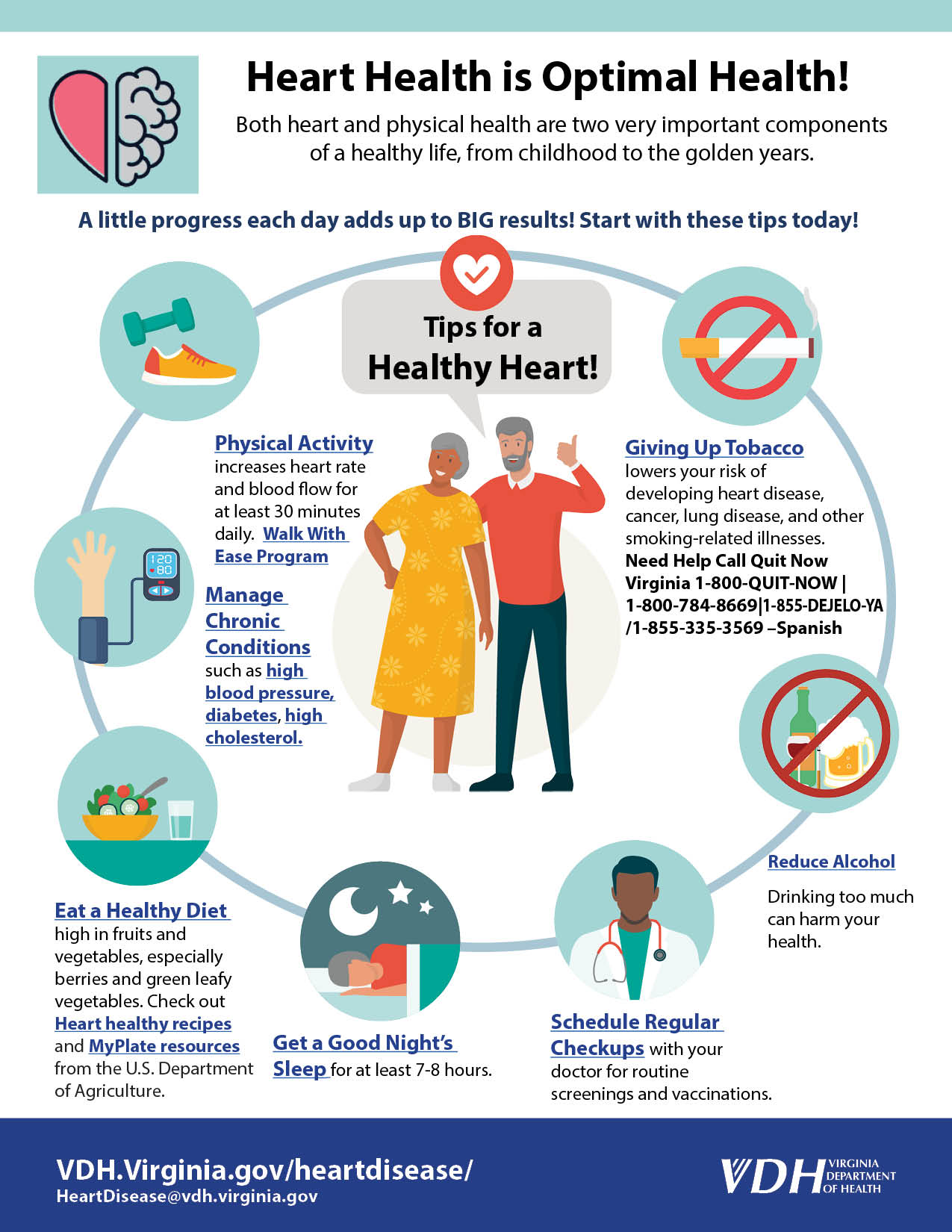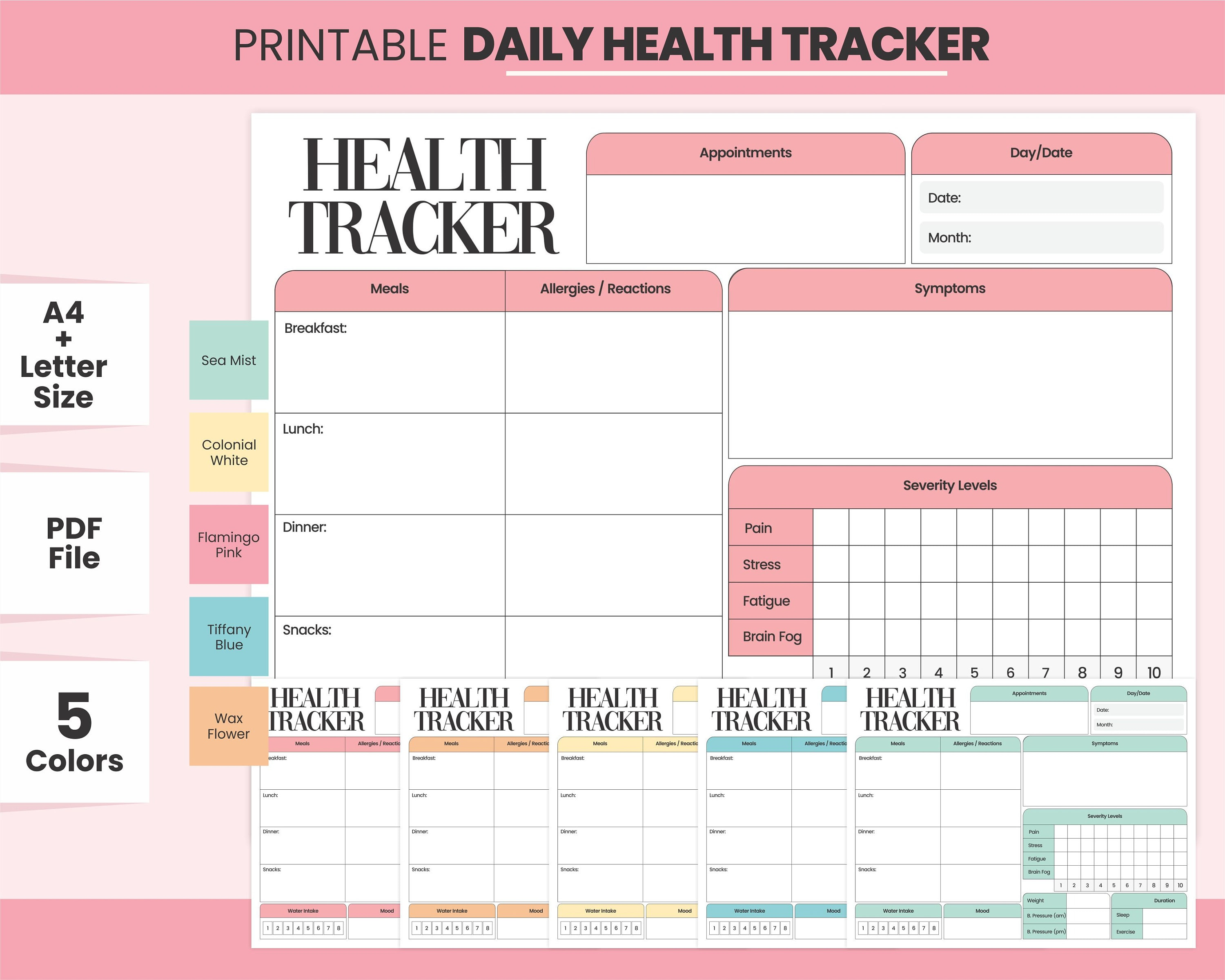
Heart Disease Prevention: Why You Need to Act Now
Heart disease prevention is critical for maintaining overall cardiovascular health and ensuring a long, healthy life. As the leading cause of death in America, heart disease requires immediate attention and proactive measures, including effective cholesterol management and heart disease awareness. Despite significant advancements in heart disease treatment, many individuals remain unaware of their risk factors and fail to engage in preventative cardiology strategies. It’s essential to recognize that a healthy lifestyle, along with routine check-ups, can drastically reduce the chances of developing cardiovascular disease. By prioritizing heart disease prevention through diet, exercise, and regular health assessments, we can break the cycle of complacency and improve our society’s health.
When we think of cardiovascular health, it often encompasses a broader perspective on maintaining the heart’s functionality and longevity. This essential aspect of well-being includes various strategies aimed at reducing the risk of heart-related illnesses, emphasizing the importance of cholesterol management, regular screenings, and an informed approach to lifestyle choices. Many people may not realize that awareness and education about heart disease are just as crucial as the treatment options available. Preventative cardiology, which focuses on preventing heart disease before it manifests, can play a vital role in improving health outcomes. Engaging the community in discussions about heart health fosters a proactive mindset that can lead to healthier living habits for all.
Understanding Heart Disease Prevention
Heart disease prevention is a crucial aspect of maintaining cardiovascular health and reducing the risk of heart-related ailments. The alarming statistic that cardiovascular disease is America’s leading cause of death underscores the importance of addressing this issue proactively. Preventative measures such as regular health screenings, lifestyle modifications, and awareness of risk factors are essential components of heart disease prevention strategies. By understanding the underlying causes, individuals can take actionable steps to safeguard their health.
Awareness plays a pivotal role in heart disease prevention. Many individuals underestimate the seriousness of their symptoms or the potential risk of developing heart disease. Education about the signs and risks associated with heart conditions can prompt individuals to seek medical advice sooner rather than later. This proactive approach not only supports early diagnosis but also enhances the effectiveness of preventative cardiology efforts.
Cholesterol Management for Cardiovascular Health
Cholesterol management is an integral part of achieving optimal cardiovascular health. High levels of LDL cholesterol, commonly referred to as ‘bad’ cholesterol, significantly increase the risk of heart disease. Monitoring cholesterol levels and adopting dietary changes can effectively reduce these risks. Patients are often advised to incorporate heart-healthy foods, such as oats, fatty fish, and avocados, to promote healthier cholesterol levels and support overall cardiovascular well-being.
In addition to lifestyle changes, cholesterol management may also involve medication for those at higher risk or with existing cardiovascular issues. Statins, for example, are frequently prescribed to lower LDL levels. However, as many patients are unaware of the benefits of these medications, it is essential for healthcare providers to communicate the importance of cholesterol control clearly. Understanding the connection between cholesterol and heart health can motivate patients to adhere to their treatment plans.
The Role of Heart Disease Awareness
Heart disease awareness is a critical element in the fight against cardiovascular conditions. Public health campaigns and educational initiatives aim to inform individuals about the risks, symptoms, and prevention of heart disease. By increasing awareness, communities can foster a more informed population that prioritizes heart health and engages in healthier lifestyle choices. This shift in attitude towards heart disease is necessary to decrease its prevalence and mortality rates.
Moreover, heart disease awareness is not just about personal health; it extends to recognizing family history and genetic predispositions. Understanding these aspects can empower individuals to take preventive measures, such as regular screenings and consultations with healthcare professionals. Awareness is fundamental in creating a culture that values cardiovascular health and actively promotes heart disease prevention practices.
Advances in Preventative Cardiology
Recent advancements in preventative cardiology are reshaping the approach to cardiovascular health. Innovative technologies, such as wearable fitness devices, are empowering individuals to monitor their heart health actively. These devices provide critical data on heart rates, activity levels, and even sleep patterns, allowing users to make informed decisions about their lifestyle. Such advancements signify a shift toward a more personalized approach in managing heart disease risk.
Furthermore, the integration of artificial intelligence in patient care is enhancing the precision of risk assessments and treatment plans. AI can analyze vast amounts of clinical data to identify individuals at high risk for heart disease, enabling earlier intervention and tailored preventative strategies. These technological improvements in preventative cardiology are vital in bridging the gap between awareness and action against heart disease.
Effective Heart Disease Treatment Options
While prevention is paramount, effective heart disease treatment options have also significantly advanced in recent years. Traditional methods like open-heart surgery are gradually being complemented by minimally invasive procedures that improve recovery times and patient outcomes. Innovations in surgical techniques, such as endoscopic heart valve replacement, exemplify how modern medicine is transforming the landscape of cardiac care.
Moreover, the emergence of new medications and therapies has enriched the arsenal against heart disease. For instance, recent advancements in weight-loss medications have shown promising results in improving cardiovascular health for patients without a clinical diagnosis of obesity. This diversification of treatment options allows doctors to create comprehensive care plans that cater to the unique needs of each patient, ultimately leading to better management of heart disease.
Lifestyle Choices for Improved Cardiovascular Health
Lifestyle choices play an essential role in improving cardiovascular health and preventing heart disease. Regular physical activity, a balanced diet rich in fruits and vegetables, and maintaining a healthy weight are foundational elements of heart health. Additionally, limiting alcohol intake and avoiding tobacco can further decrease cardiovascular risk. By adopting these habits early, individuals can significantly lower their likelihood of developing heart-related conditions.
Moreover, psychological well-being cannot be overlooked in discussions about heart health. Stress management techniques, such as mindfulness and meditation, can lower blood pressure and improve heart health. Taking a holistic approach that encompasses physical, emotional, and social factors is critical for individuals aiming to enhance their cardiovascular health and prevent heart disease.
Navigating Heart Disease Screening and Treatment
Navigating the landscape of heart disease screening and treatment can be overwhelming for many patients. However, regular screenings are vital for early detection and effective management of cardiovascular conditions. Healthcare providers encourage patients to be proactive about their health, keeping track of critical numbers like blood pressure and cholesterol levels. This awareness can empower individuals to engage more collaboratively with their healthcare teams in devising appropriate treatment plans.
The introduction of patient navigators has proven to be a valuable resource in bridging the gap between clinical visits. These navigators provide follow-up support, guiding patients through their care journey by reminding them of appointments, addressing medication adherence, and helping them navigate lifestyle changes. This supportive approach facilitates better access to care and encourages consistent management of cardiovascular health.
Collaborative Care in Heart Disease Management
Collaborative care models are increasingly recognized as essential for effective heart disease management. This approach invites a multidisciplinary team of healthcare professionals—including cardiologists, dietitians, and mental health experts—to work together for the patient’s benefit. By fostering an environment of cooperation, patients receive comprehensive care that addresses all aspects of their health, which is especially important in the multifaceted realm of cardiovascular disease.
The collaborative care framework not only enhances treatment outcomes but also empowers patients. By involving patients in decision-making processes, healthcare teams promote greater engagement and adherence to treatment plans. This shared responsibility supports a more holistic view of health, recognizing that mental and physical well-being are interconnected in managing chronic conditions such as heart disease.
The Influence of Community Health Initiatives
Community health initiatives play a fundamental role in addressing heart disease at a population level. Grassroots programs that aim to educate individuals about cardiovascular risk factors and healthy lifestyle choices can significantly impact public health outcomes. By creating awareness through community gardens, fitness programs, and cooking classes, these initiatives foster environments that promote heart-healthy living.
Moreover, community health initiatives serve to bridge the access gap in healthcare. They often tailor their programs to meet the specific needs of underserved populations, providing vital resources and information that empower individuals to take charge of their cardiovascular health. Such community-driven efforts are pivotal in advancing heart disease awareness and prevention on a broader scale.
Frequently Asked Questions
What are the key strategies for heart disease prevention?
Heart disease prevention involves several key strategies including maintaining a healthy diet, engaging in regular physical activity, managing stress, and monitoring critical health metrics such as blood pressure and cholesterol levels. By adopting a heart-healthy lifestyle, individuals can significantly reduce their risk of cardiovascular disease.
How can cholesterol management contribute to heart disease prevention?
Effective cholesterol management is essential for heart disease prevention. Keeping LDL cholesterol levels low and monitoring overall cholesterol balance through diet, exercise, and medication if necessary can help prevent plaque buildup in arteries, reducing the risk of heart attacks and strokes.
Why is heart disease awareness important for prevention?
Heart disease awareness is crucial for prevention because it empowers individuals to recognize their risk factors and symptoms early. By understanding how lifestyle choices affect cardiovascular health, people are more likely to take proactive steps towards prevention such as regular health screenings and adopting a healthy lifestyle.
What role does preventative cardiology play in reducing heart disease risk?
Preventative cardiology focuses on identifying and mitigating risk factors for heart disease before they escalate. This includes lifestyle modifications, regular medical check-ups, and potentially early interventions for individuals at higher risk, all aimed at enhancing cardiovascular health and preventing heart disease.
What are the current trends in heart disease treatment and prevention?
Current trends in heart disease treatment and prevention include the use of advanced technology such as wearable fitness devices to monitor health metrics, personalized medicine involving tailored treatment plans, and increased emphasis on preventative measures like lifestyle changes and early screenings, which can significantly contribute to heart disease prevention.
How can lifestyle changes affect heart disease prevention?
Lifestyle changes play a pivotal role in heart disease prevention. Dietary improvements, increased physical activity, quitting smoking, and managing stress can greatly enhance cardiovascular health. These adjustments help lower blood pressure, reduce cholesterol levels, and improve overall heart function.
What is the importance of knowing your numbers in heart disease prevention?
Knowing your numbers, such as blood pressure, cholesterol levels, and blood glucose levels, is vital for heart disease prevention. This knowledge allows individuals to understand their health status better and make informed decisions about lifestyle changes and medical interventions to reduce their risk of cardiovascular diseases.
Can technology aid in heart disease prevention and management?
Yes, technology significantly aids in heart disease prevention and management. From wearable devices that track physical activity and vital signs to telemedicine and apps that help manage medications and appointments, technological advancements provide patients with tools to actively monitor and improve their cardiovascular health.
What dietary choices are best for heart disease prevention?
The best dietary choices for heart disease prevention include eating plenty of fruits, vegetables, whole grains, lean proteins, and healthy fats while reducing saturated and trans fats, sodium, and added sugars. A balanced diet rich in omega-3 fatty acids, fiber, and antioxidants can improve cardiovascular health.
How does regular exercise contribute to heart disease prevention?
Regular exercise is a fundamental aspect of heart disease prevention. Engaging in aerobic activities such as walking, cycling, or swimming strengthens the heart muscle, helps manage weight, lowers blood pressure, and improves cholesterol levels, all of which contribute to better cardiovascular health.
| Key Point | Details |
|---|---|
| Cardiovascular Disease Statistics | Heart disease is the leading cause of death in America, with more deaths each year than all cancers combined. |
| Casual Attitude Towards Heart Disease | Many patients do not take heart disease seriously, often delaying lifestyle changes or treatments. |
| Awareness of Risk Factors | Patients are encouraged to monitor their cholesterol, blood pressure, weight, and sleep quality from a young age. |
| Advancements in Treatment | New techniques like beating heart transplantation and minimally invasive procedures have improved patient outcomes. |
| Importance of Medication | Patients often skip prescribed medications due to life pressures. Initiatives to provide patient navigators can help manage treatment adherence. |
| Role of Technology | Wearable fitness devices and new medications can empower patients and improve health outcomes. |
Summary
Heart disease prevention must be taken seriously, as it is the leading cause of death in the nation. Despite advancements in medical technology and treatment options, many patients still do not recognize the severity of cardiovascular disease. It is essential for individuals to adopt a proactive approach towards heart health, focusing on monitoring risk factors, adhering to prescribed treatments, and embracing new technologies to support their health journey. Awareness and education play a crucial role in overcoming the casual attitudes towards prevention and treat this critical health concern effectively.


